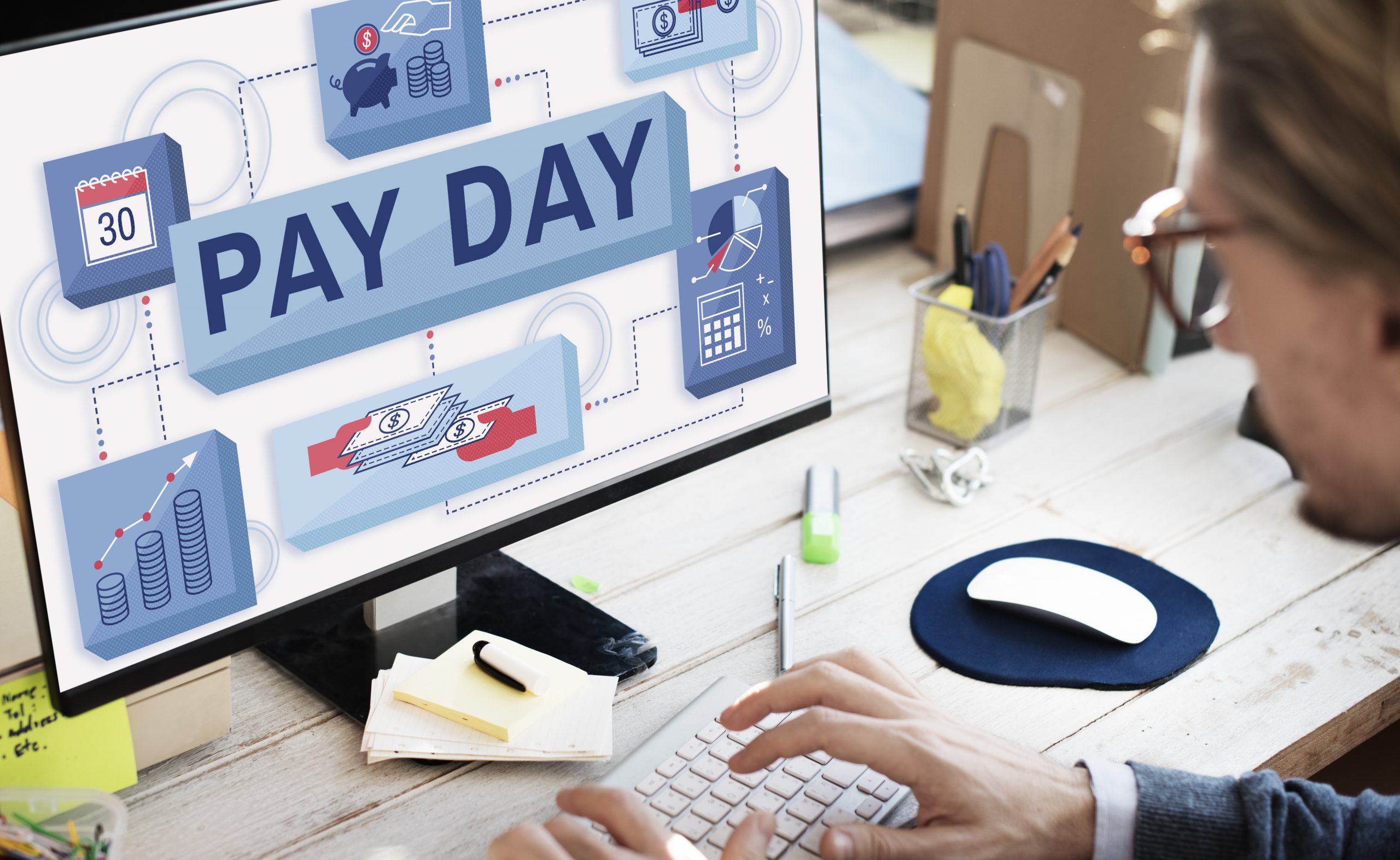Managing Personal Finances: Tips & Tricks
The problem of financial literacy is global. According to surveys in various countries, many people do not have emergency funds at all or have only small savings (for example, in the US, it is more than half of the population). The ability to save money is the key to financial well-being. This article will cover the importance of managing your personal finance, key strategies, and expert tips for maximizing savings.
What Is Personal Finance?
Personal financing definition includes all issues and problems related to the money you own. Competent money management aims to ensure that you control your funds and not vice versa. It is based on the following principles:
- knowing where your funds come from and where they go;
- understanding of the main financial processes’ functioning;
- ability to manage a personal or family budget;
- knowledge of the basic banking and financial instruments.
It is important to know about the financial indicators’ dynamics and understand how their changes affect you to have a comprehensive picture of your state. Though it might sound complicated, a lot of modern software options, such as Saldo Finance, can greatly facilitate many tasks. Use the
app to manage money and record all your expenses and income. It’ll help you keep all financial flows under control and adjust them if necessary.
Why Is Personal Finance Important?
If you’re thinking about a major purchase, like a house, with zero savings, this goal might seem overwhelming and impossible. That is not true, and the key to achieving it lies in developing a clear plan on how to manage personal finance to increase savings. Large tasks can take decades to complete, and that’s okay.
Knowing how to do personal bookkeeping is vital for the following reasons:
- to know the exact directions of expenses and incomes;
- to increase the gap between costs and receipts;
- to plan big purchases or changes in life;
- to create sufficient emergency funds and get rich;
- to protect yourself from financial surprises, debts, and loans.
All this will lead you to financial stability, which is the key to a happy life for many. If you develop a certain money discipline and master personal expenses management, you will be able to remain flexible in the ever-changing world situation.
Personal Finance Strategies
Financial strategies are very different from plans because they are a set of much broader principles from which you can build a step-by-step plan to achieve your goal. They combine everything you need to know about money management to secure a stable future.
1. Rethink your relationship with money
Experts agree that the problem often lies not in the lack of money but in the way we treat them. Before you start any planning, determine what finance means to you. It will help you identify wrong actions associated with money (for example, impulsive purchases in a bad mood) and correct them.
2. Turn dreams into goals
Your goal should not be just a dream of a better life but the specific components, dates, or numbers. Understand what exactly you want, e.g., buying a car or saving up for education, how much money is needed, and how many months or years you need to get it. Clearly formulated goals (both short- and long-term) will encourage you to seek information about finances and their management.
3. Make a budget
Budgeting is based on recording all income and expenses, as well as maintaining a balance between them. To not miss even small payments, use the
budget app linked to bank account, in which all deductions from cards will appear automatically, and you can manually enter cash expenses.
You need to manage costs literally every day, and, therefore, you should have a budget on hand that you will focus on. You can adhere to any plan and scheme that suits you. One of the most popular is the 50/30/20 formula, where most of your money is spent on fixed bills and needs, 30% you can spend on goals and various wishes, and the rest should be set aside.
4. Invest in knowledge
If you don’t know how the fundamental financial instruments and processes work, you should learn more about them. There are specialized books, blogs, YouTube channels, and apps to help you become a smarter consumer. If you don’t know how to learn about finances on your own, you can sign up for training courses.
5. Consider insurance
Few people think about life and property insurance before something irreparable happens. Of course, insurance is an additional cost item. However, it will protect you in a difficult financial situation if you lose the vehicle that gives you income or your family member with the highest salary dies.
How to Maximize Your Savings?
If, after budgeting, you realize that your lifestyle meets the principle of “spend less than you earn,” then you can think about maximizing savings. The most effective way to do it is through investment. If you do not have such an experience, you can seek professional help with personal finances and investment solutions. Experts will guide you in the right direction, depending on your expectations and risk tolerance. Investing your free money will help you reach your targets faster.
Try to determine other ways to earn extra money. Perhaps you have a hobby you can monetize, or you have the chance to get a part-time job. Carefully analyze your property to identify potential passive sources of revenue. If you have a room or apartment that no one lives in or unique equipment, you can rent it out.
Also, in any modern guide to money management, you will find a recommendation on using advanced technologies to keep track of every cent spent. Applications visualize the information you enter and show you how close you are to the goal. These services send reminders when you reach the limit to prevent spending more than allowed. With such handy tools, managing personal finances becomes easier.




